Inside the More Than 200 Games Powered by LootLocker
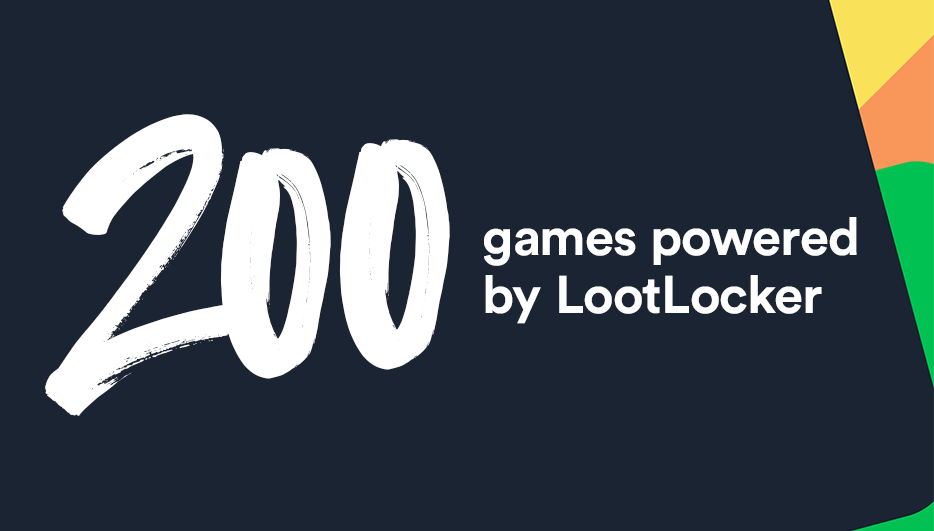
Games are LootLocker’s reason to be. Across our team we don’t just serve game makers – we also adore everything games are – because we also love to build and play them.
That enthusiasm and passion for games is what fuels the effort we put into developing a flexible, reliable, and intuitive cross-platform game backend. There’s little more rewarding to us than seeing LootLocker help a game meet and exceed its creative and commercial ambitions.
So when we recently shot past the milestone of having 200 active games making use of our technology, we were overjoyed. Of course, it's tremendously rewarding to know that we’re building a technology that’s already working for all those teams. But equally, we’re thrilled to see just how brilliant so many of those games are.
Quality where it counts
Of course, we can’t take any credit for all the brilliant ideas, innovative gameplay mechanisms, gorgeous art, and vibrant audio that these studios are putting out into the world. But we are immensely proud to be a part of their projects.
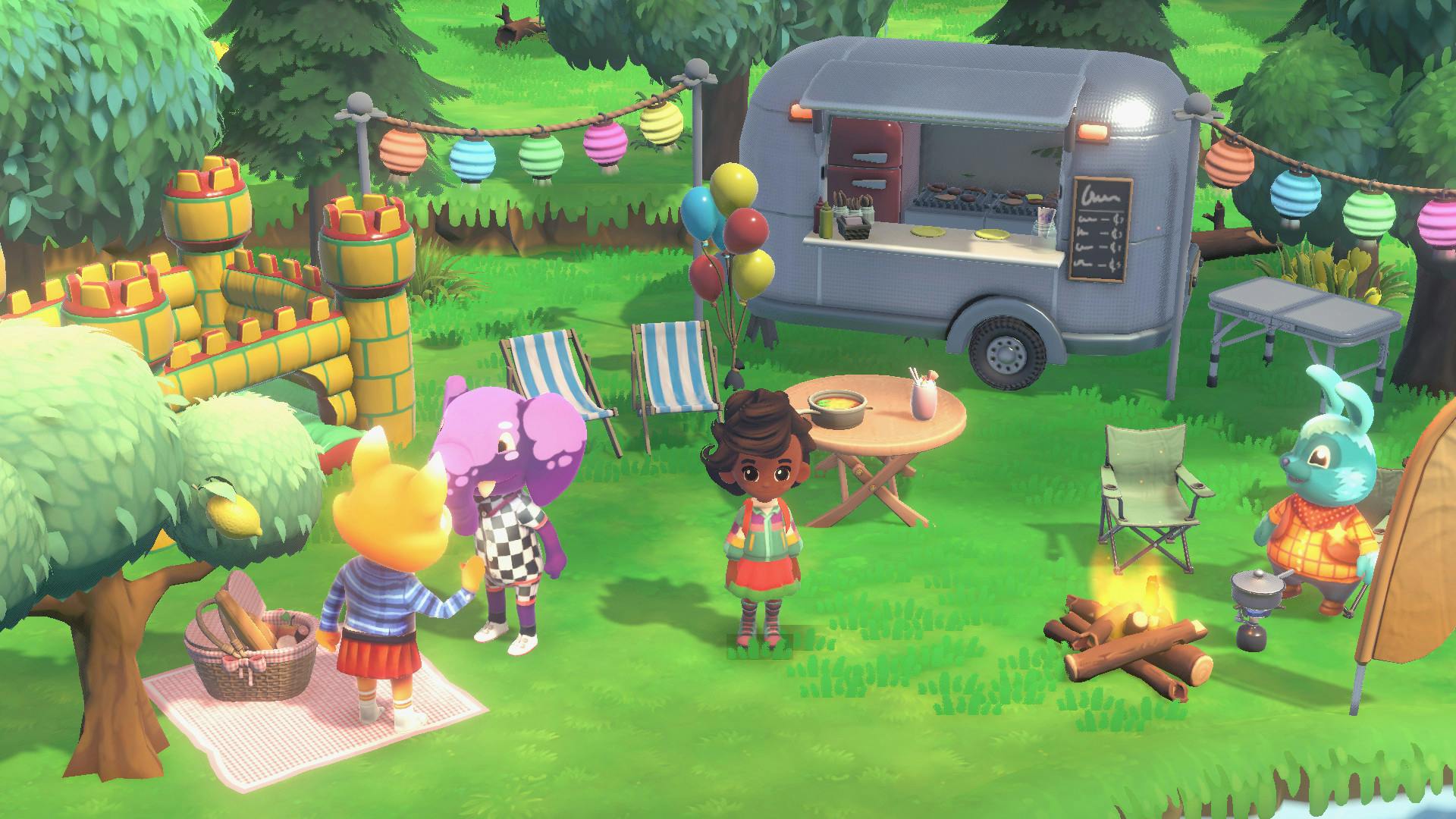
Projects like the charming community sim Hokko Life, built by solo dev Wonderscope, and published by the iconic and longstanding games outfit Team 17. Or the distinct dystopian vehicular combat MMO Rust Racers, where its creators Nethash are doing incredible things in blending the tone of Mad Max with ideas from the world of competitive gaming. We Who Are About To Die, meanwhile, comes from another single-person operation that picked LootLocker for their backend. The game’s developer Jordy Lakiere has achieved a great deal in crafting an ambitious roguelike combat RPG that you’d be forgiven for thinking was made by a sizable team. And then there’s Limit Break’s gorgeous board-game-inspired strategy title Robot Lord Rising, which brings a bounty of humor and chaos to its genre.
We’re also delighted that LootLocker has been embraced by teams making lo-fi titles that triumph on the game jam scene. So often built from scratch in 24 or 48 hours, jam titles are about ideas over polish, and creativity over complexity. They might not push LootLocker to its limits, but that our tech can so quickly empower tiny, agile teams to add leaderboards and other online functionality when they only have hours to do everything else that goes into making a game? It gives us confidence that we’re succeeding in our quest to provide accessible, elegant backends that every kind of studio can make - all while delivering the quality and performance demanded by those in the triple-A space.
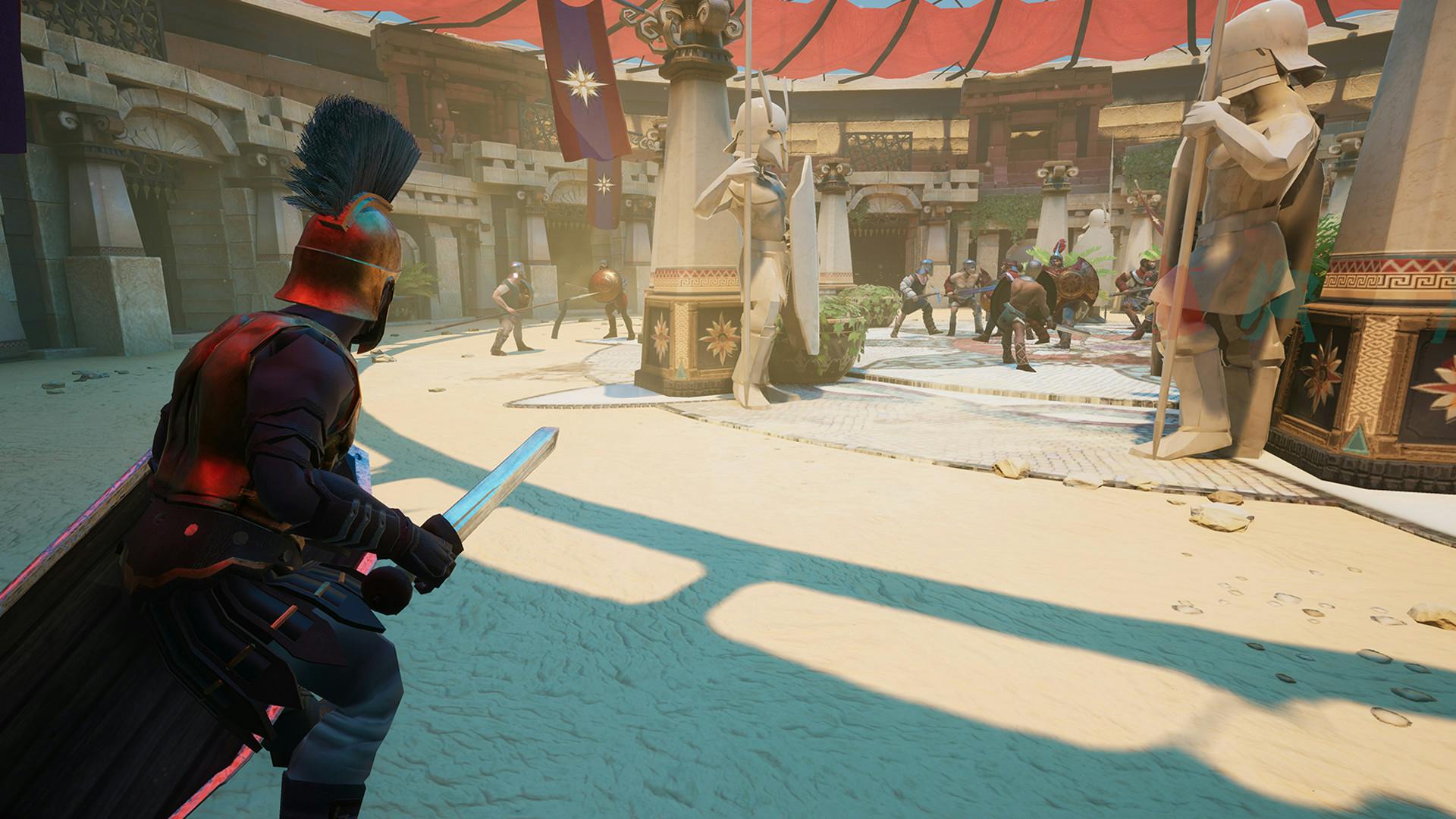
If you want to dip into some innovative, spirited jam winning titles (that happen to use LootLocker) you should absolutely check out NanoHive and Super Spartan Bros.
Representing a global industry
Away from individual games, it's striking to see so much of the industry represented by the devs we support. The studios behind the hundreds of titles powered by LootLocker are based across the planet, hailing from nearly every continent. We even have at least one dev based inside the Arctic Circle! Between them they make up teams of every size and kind, large and small, from microstudios working on highly compelling experimental projects to triple-As focused on games-as-a-service for vast, global audiences.
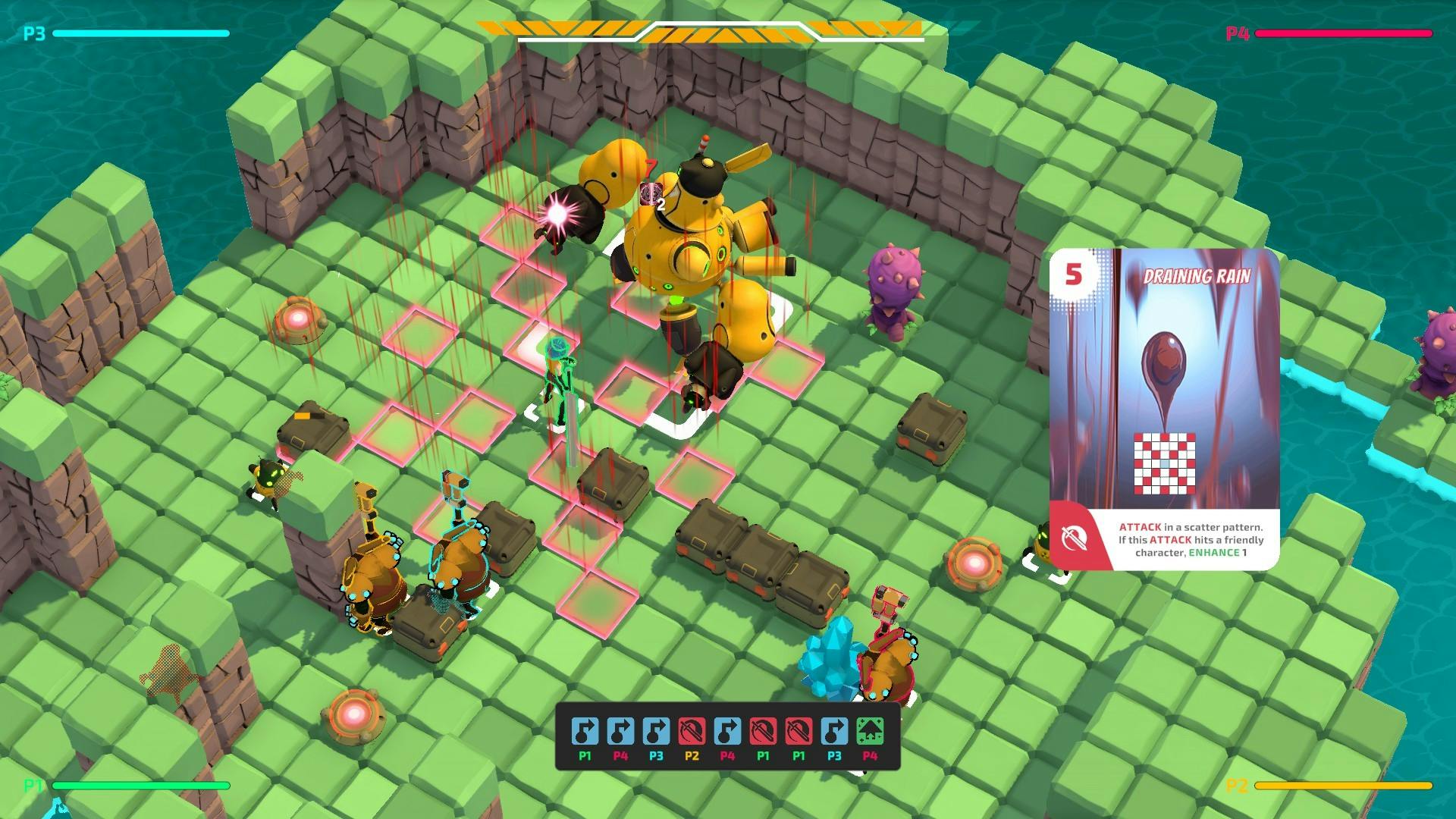
Some of these games are released, some are in early access, and others are at various stages in their early development. A few remain utterly top secret for now. But they are all connected and making active use of the LootLocker technology - with those that are released capably serving tens of thousands of players.
Looking across all these titles, we’ve also been able to get a sense of a number of trends happening within the game development space. We can clearly see that more and more teams are starting to think about multi-platform, multiplayer, and live ops earlier and earlier in development. This couldn’t be more exciting for us as this creates a better experience for all players, and something we believe ever more teams will continue to embrace.
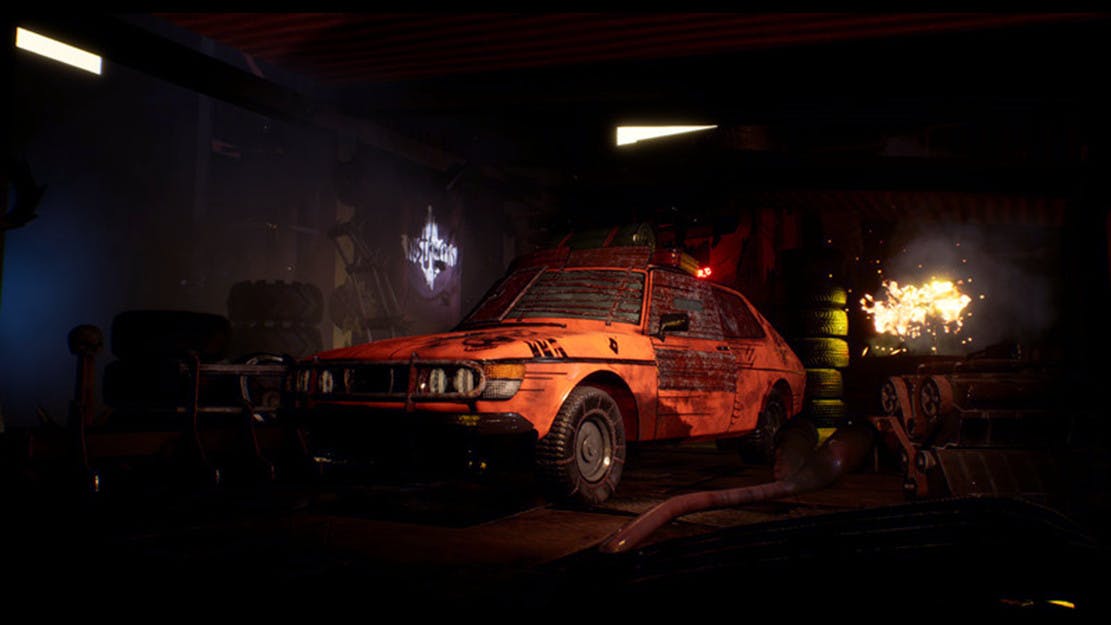
In the era of live, connected, service-based games, backends are so integral to the potential to realize ideas and maximize success, it is now effectively essential. Just ask one of the thousands of studios using LootLocker. If you’re wondering how and when to implement a backend into your game project, free to join us on Discord or follow us on Twitter and get in touch.
Really, though, the last thing to say is a huge and sincere thank you to all the game developers that have picked LootLocker to help power their games’ potential. We’d be nothing without them, we can’t wait to see more of their games go public, and we wish them all the success in the world. And yes, we’re feeling a little proud for each and every one of them.